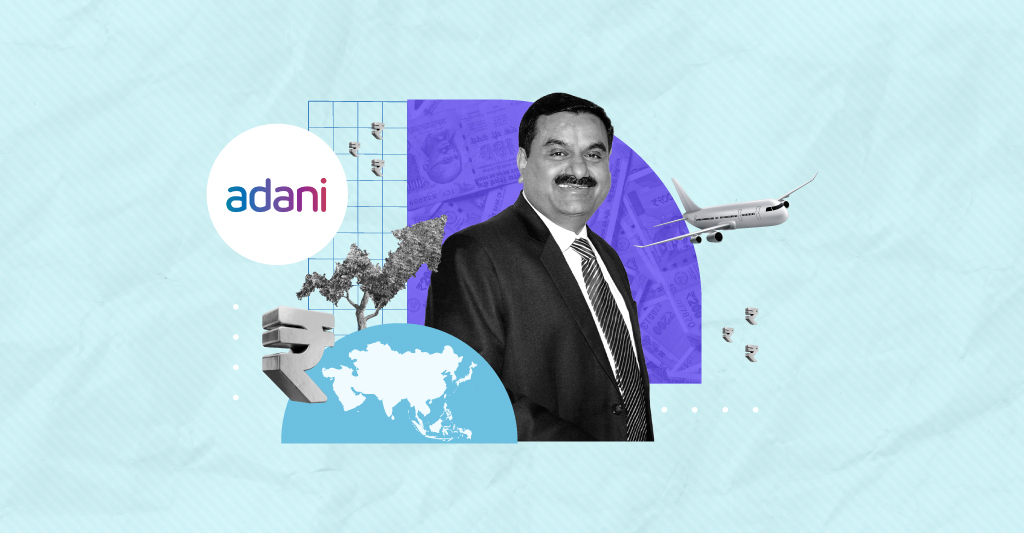
Decoding the Adani report
The Supreme Court order dated March 2, 2023 led to two parallel inquiries into the contraventions of the Adani group of companies, alleged by Hindenburg Research.
Decoding the Adani report
The Supreme Court order dated March 2, 2023 led to two parallel inquiries into the contraventions of the Adani group of companies, alleged by Hindenburg Research.
The Securities and Exchange Board of India (SEBI) was asked to investigate whether there was a violation of failure failure disclose information concerning "related parties" as per the law. In addition, an Expert Rule 19A of the Securities Contracts (Regulation) Rules, 1957. It was also asked to find whether there was a Panel was constituted to investigate if there was any regualtory failure in dealing with the Adani group.
Although SEBI has been investigating 13 suspected entities, mostly FPI's, it has been unable to establish a prima facie case. On approaching ED and CBDT, it was told that they cannot undertake investigation unless SEBI registers a case under PMLA, 2002.
While, the committee has found "no regulatory failure" on the part of SEBI.
• Minimum Public Shareholding (MPS)– Rule 19A of the SCRR, 1957 stipulates that every company listed in the stock market has ti maintain atleast 25% public shareholding.
• In 2010, SEBI amended the Securities Contracts Regulation Rules to insist on this 25% public float for private sector companies.
• In 2021, the government introduced an amendment to exclude PSUs (Public Sector Undertakings) from this norm.
• SEBI– SEBI is a statutory body established in April, 1992 in accordance with the provisions of the Securities and Exchange Board of India Act, 1992.
The basic functions of the Securities and Exchange Board of India is to protect the interests of investors in securities and to promote and regulate the securities market.
• Prevention of Money Laundering Act, 2002– The PMLA was enacted in response to India’s global commitment (Vienna Convention) to combat the menace of money laundering.
• The provisions of this act are applicable to all financial institutions, banks (Including RBI), mutual funds, insurance companies, and their financial intermediaries.
• Money laundering is the process of making large amounts of money generated by criminal activity, such as drug trafficking or terrorist funding, appear to have come from a legitimate source.
• Enforcement Directorate– ED is a multi-disciplinary organization mandated with investigation of economic crimes and violations of foreign exchange laws.
• ED has been given the responsibility to enforce the provisions of the PMLA.
